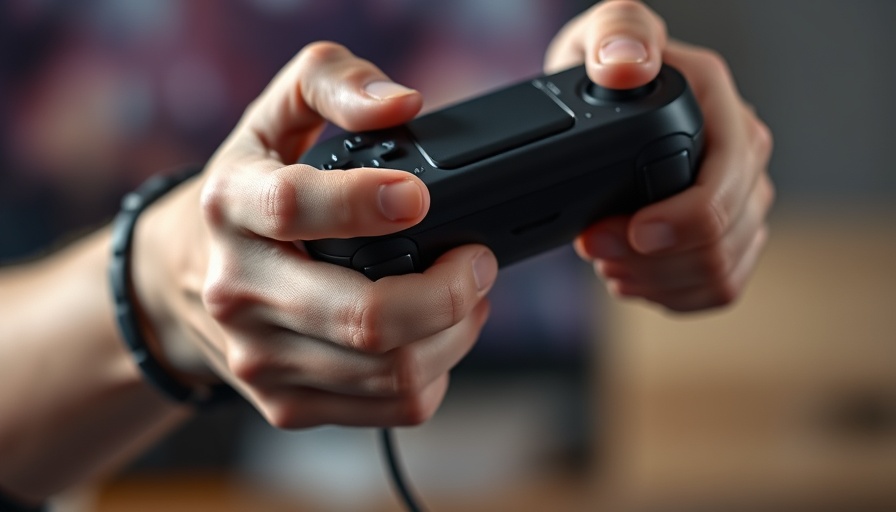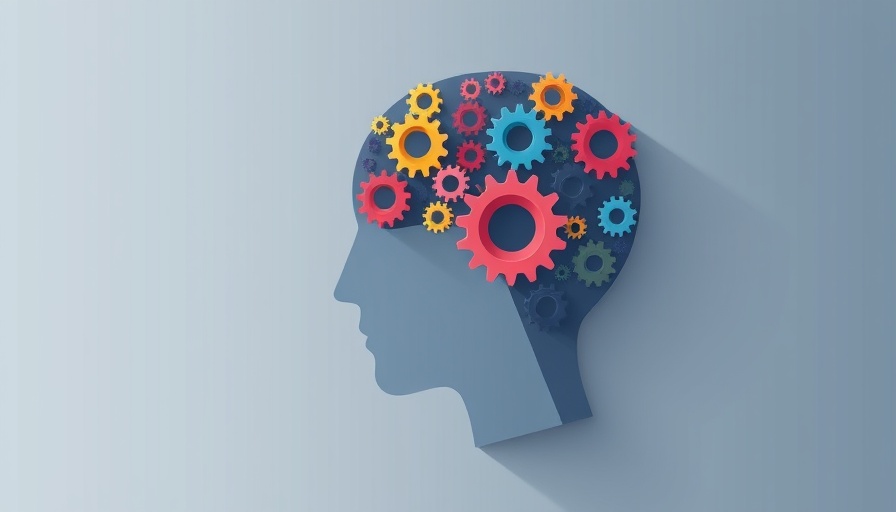
Understanding Video Game Addiction Lawsuits: A Growing Concern for Families
Video game addiction is becoming a prominent issue, drawing attention from families and health professionals alike. Lawsuits against major gaming companies suggest a troubling trend: these corporations may intentionally design addictive features that keep players hooked. Many families are stepping forward to seek justice as they cope with the negative mental health impacts of excessive gaming. With over 176 billion dollars generated by the gaming industry in 2024, it raises the question—are these companies prioritizing profit over player well-being?
The Mechanics of Addiction in Gaming
At the heart of these lawsuits is the claim that video game companies employ various psychological tactics to create addiction. Features like daily rewards, loot boxes, and time-limited events resemble gambling mechanisms, driving compulsive behaviors. For young players, who may lack experience in managing their time and finances, these designs can lead to detrimental emotional and financial consequences. Understanding these mechanics is crucial for parents: recognizing them can empower families to take action.
Who is Being Sued and Why?
Big-name gaming companies like 2K Games, Activision Blizzard, and Epic Games are among those facing lawsuits. Families are arguing that these companies failed to implement protective measures for young players and neglected to warn about the risks of excessive gaming. The critics argue that when gaming companies market their products to children without adequate safeguards, they put the emotional health and financial well-being of families at risk. For parents, this may serve as a wake-up call to scrutinize the games their children are playing.
The Real Cost of Video Game Addiction
Game addiction can lead to strained family relationships, poor academic performance, and various mental health challenges. With so much at stake, it’s crucial to address this growing concern. Families filing lawsuits are not just seeking compensation; they are hoping to raise awareness and push for responsible gaming practices. They want other parents to understand the potential risks their children face while engaging with these popular titles.
Future Predictions: Where is the Gaming Industry Headed?
As the focus on mental health increases, gaming companies may have to rethink their strategies. Future industry standards could very well include stricter regulations regarding marketing to minors and implementing protective measures for vulnerable players. Public awareness campaigns can also help in tackling the issue of gaming addiction, pushing for healthier gaming experiences. Parents need to be vigilant in monitoring their kids’ gaming habits and advocating for responsible gaming products.
Steps Parents Can Take Today
It's essential for parents to recognize the signs of addiction and take proactive measures. Setting screen time limits, encouraging device-free activities, and engaging children in discussions about their gaming habits are a few beneficial steps. Ensuring that children understand the importance of taking breaks and balancing gaming with other activities can also promote a healthier lifestyle. Implementing parental controls can further safeguard children from excessive gaming and its possible repercussions.
Open the Dialogue: Starting Conversations About Gaming
Creating an open line of communication with children about gaming is critically important. Encourage them to express how they feel about their gaming experiences. Listen to them without judgment, ensuring they understand it’s okay to talk about their interests and the feelings surrounding them. This way, parents can support their children in making informed decisions around their hobbies while also fostering an understanding of moderation and self-awareness.
A Call to Action: Protect Our Children’s Well-being
If your child is experiencing negative effects from gaming, consider exploring the possibility of a video game addiction lawsuit. Families across the country are demanding accountability from gaming companies, and you can join those advocating for change. It's time to take action to safeguard the mental and emotional well-being of our children. By working together and pushing for responsible practices, we can help reshape the gaming experience for future generations.
For more information and resources about video game addiction, reach out to legal professionals who specialize in this area. Let’s collaborate to create a healthier gaming environment!
 Add Row
Add Row  Add
Add 




Write A Comment